- T. Katz
- May 28, 2019
- 6 min read
Updated: Aug 26, 2020
Elegant Cooperation and Partnership was created and defined by the community of The Miraculist with supporting Alpha pages in lead
If a community organically works together and builds Elegant Cooperation and Partnership in a nonlinear system through Positive Thinking and High Frequency Energy, then it is an expression of Proton + Proton math or Win + Win + Win + Win + Win + Win in Cooperation of Game Theory within an Infinite Game, confirming Expand Theory.
These papers are the result of a community that created this over 6 years. Every piece has its own proof individually, and collectively.
Elegant Cooperation and Partnership = Proton + Proton = Expansion (Expand Theory)
Nature and Science based, at the core understanding is that "Nature rewards Cooperation." Elegant Cooperation and Partnership was organic in its creation, and it's a hybrid of PAX Partnership and original work on The Miraculist with Men and Women leads, in balance of Masculine and Feminine Energies. It was created as an ingenious solution, simple and efficient.
Based on the definition of Cooperation as Mutual Effort:
Cooperation and Mutual Ascension sync Main Entry: cooperation Part of Speech: noun Definition: mutual effort Thesaurus.com
At its most advanced level as "society moves from a competitive system to a cooperative system," mutual respect, mutual understanding, and mutual ascension (growth and development) is possible. This includes Harmony, part of Pythagorean Harmonics, a main part of Sound Vibration work on The Energy Math Model.
"As we move from the competitive, toward a cooperative model of society. We also evolve from the survival of the fittest, towards a thriving of a fit based on harmonic reciprocity." – Michael Chichi
Empathy and cooperation go hand in hand
It’s a big part of what makes us human: we cooperate. But humans aren’t saints. Most of us are more likely to help someone we consider good than someone we consider a jerk.
How we form these moral assessments of others has a lot to do with cultural and social norms, as well as our capacity for empathy, the extent to which we can take on the perspective of another person.
In a new analysis, researchers from the University of Pennsylvania investigate cooperation with an evolutionary approach. Using game-theory-driven models, they show that a capacity for empathy fosters cooperation, according to senior author Joshua Plotkin, an evolutionary biologist. The models also show that the extent to which empathy promotes cooperation depends on a given society’s system for moral evaluation.
“Having not just the capacity but the willingness to take into account someone else’s perspective when forming moral judgments tends to promote cooperation,” says Plotkin.
What’s more, the group’s analysis points to a heartening conclusion. All else being equal, empathy tends to spread throughout a population under most scenarios.
“We asked, ‘can empathy evolve?’” explains Arunas Radzvilavicius, the study’s lead author and a postdoctoral researcher who works with Plotkin. “What if individuals start copying the empathetic way of observing each other’s interactions? And we saw that empathy soared through the population.”
Plotkin and Radzvilavicius coauthored the study, published today in eLife, with Alexander Stewart, an assistant professor at the University of Houston.
Plenty of scientists have probed the question of why individuals cooperate through indirect reciprocity, a scenario in which one person helps another not because of a direct quid pro quo but because they know that person to be “good.” But the Penn group gave the study a nuance that others had not explored. Whereas other studies have assumed that reputations are universally known, Plotkin, Radzvilavicius, and Stewart realized this did not realistically describe human society, where individuals may differ in their opinion of others’ reputations.
“In large, modern societies, people disagree a lot about each other’s moral reputations,” Plotkin says.
The researchers incorporated this variation in opinions into their models, which imagine someone choosing either to donate or not to donate to a second person based on that individual’s reputation. The researchers found that cooperation was less likely to be sustained when people disagree about each other’s reputations.
That’s when they decided to incorporate empathy, or theory of mind, which, in the context of the study, entails the ability to understand the perspective of another person.
Doing so allowed cooperation to win out over more selfish strategies.
“It makes a lot of sense,” Plotkin says. “If I don’t account for your point of view, there will be many occasions when I judge you harshly when I really shouldn’t because, from your perspective, you were doing the right thing.”
To further explore the impact of empathy on cooperation, the researchers looked at a variety of frameworks, or social norms, that people might use to assign a reputation to another person based on their behavior. For example, most frameworks label someone “good” if they reward a fellow “good” individual, but social norms differ in how they judge interactions with a person deemed bad. While the “stern judging” norm labels “good” anyone who punishes a bad actor, the “simple standing” norm does not require this punitive approach: A “good” person can reward a bad one. https://neurosciencenews.com/empathy-cooperation-11047/
Qualities and values noted in the answers that were yielded from the simple questions to both groups, What is Man? What is a Man? and What is Woman? What is a Woman? helped to build Elegant Cooperation and Partnership, as well as the Divine Masculine and Feminine.
The format is Socratic Method of questions, with what we call a passionate discussion (directly from a lead Partner on this methodology), to figure out what is mutually agreed upon within the community.
We live by this example, both in relationship and in daily being with other people, especially within our community. Proofs are built in Elegant Cooperation and Partnership on various aspects centered around the social topics of Elegant Cooperation and Partnership from business to relationship, as well as in our support of work and ideas of others.
Based on Sacred Geometry, Vesica Piscis represents Elegant Cooperation and Partnership, in imagery and math.
Based on Physics, we do not hold each other up to perfection, we respect the concept of Gravity, and perfectly imperfect, as eloquently described by Stephen Hawking.
Based on the findings at CERN, with the Proton + Proton, the expansion, if embodied in two people, if not more, as a proton with positive thinking, then it'd be the conceptual math to support Elegant Cooperation and Partnership. If mutual in effort, respect, understanding, appreciation, and ascension (elevating to higher frequency levels within the body) in cooperation based on the fundamental notion of goodness in the simple definition of Elegance, then it matches the same results in the positive movement forward on a social level, as it does in the results as expansion (expand theory in physics).
Elegance is a key driver within the concept. It's found in everything from descriptions of Math and Physics, to that within the language of Alpha Gentlemen partners in The Miraculist community, who lead on the topic.
Topics within Elegant Cooperation and Partnership include healthy relationships, adore as a victory of Human Spirit (a concept directly from PAX Partnership), the positive benefits of ECP on the brain, and cooperation found with animals.
Nerdvana
DDDDDDDDD. Eisenhower with Elegant Cooperation and Partnership
34th President of the United States from 1953 to 1961 and American army general and statesman https://en.wikipedia.org/wiki/Dwight_D._Eisenhower
For every obstacle, there is a solution. Persistence is the key. The greatest mistake is giving up! ~ Dwight D. Eisenhower
Nerdvana YYYYYYYYY. Elegant Cooperation and Partnership with Pythagorean Harmonics
The task of leadership is showing people the obvious ways they can and should work together. Cooperation is a higher principle than competition…. Cooperation is more elegant and efficient than competition. Inspire people to work together. — Bryant McGill
It takes two to tango: Beetles are equal partners in mating behavior
https://phys.org/news/2017-02-tango-beetles-equal-partners-behavior.html
Study finds mutual reinforcement of phenotypic diversity and cooperation
https://phys.org/news/2017-02-mutual-phenotypic-diversity-cooperation.html
Elegant Cooperation and Partnership with Harmony and Harmonics
"As we move from the competitive, toward a cooperative model of society. We also evolve from the survival of the fittest, towards a thriving of a fit based on harmonic reciprocity." – Michael Chichi
Euclid syncs
Miracle #120
“Euclid’s first common notion is this: Things which are equal to the same things are equal to each other. That’s a rule of mathematical reasoning and it’s true because it works – has done and always will do. In his book Euclid says this is self evident. You see there it is even in that 2000 year old book of mechanical law it is the self evident truth that things which are equal to the same things are equal to each other.” — Lincoln
Thank you!
“Love does not consist of gazing at each other, but in looking outward together in the same direction.”
~ Antoine de Saint-Exupéry
Partners in Confidence, a phrase I coined, as in Partnership with Mutual Ascension



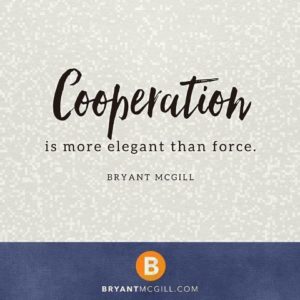




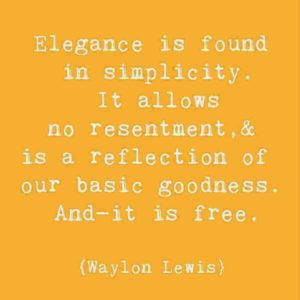

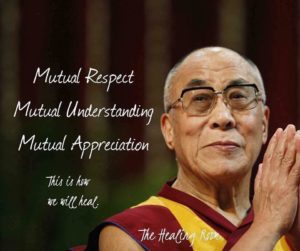

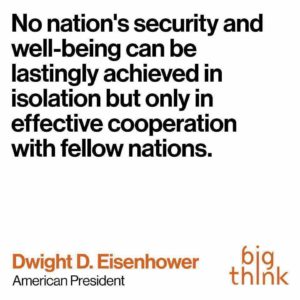

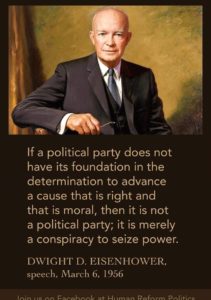

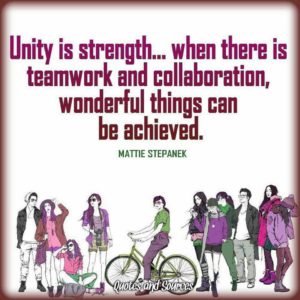

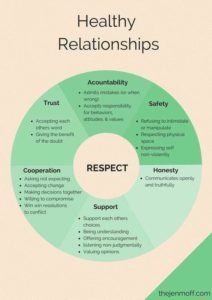

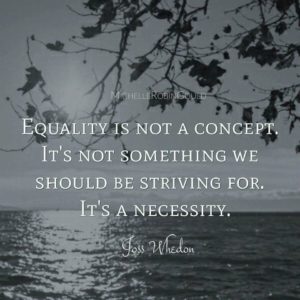






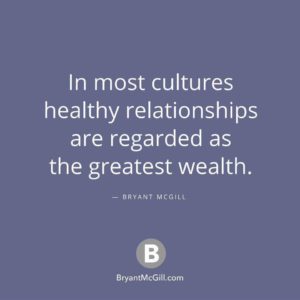

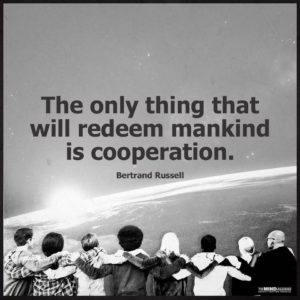

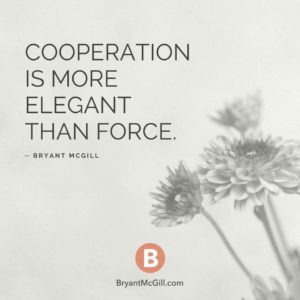


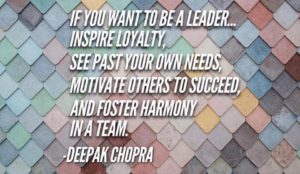











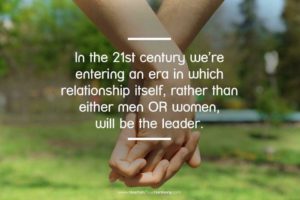





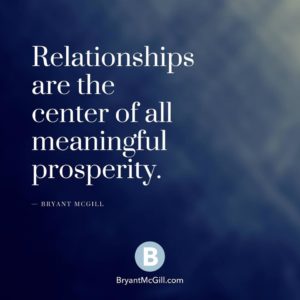











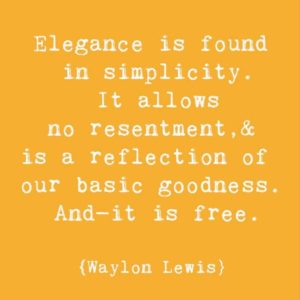
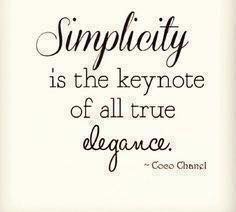

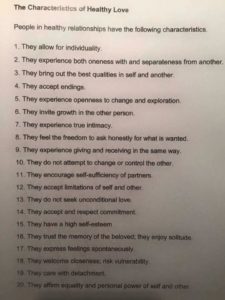



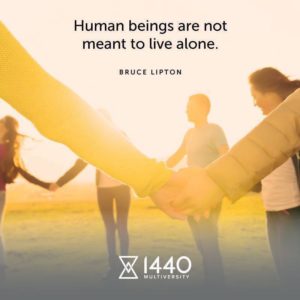

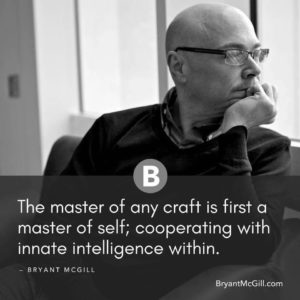

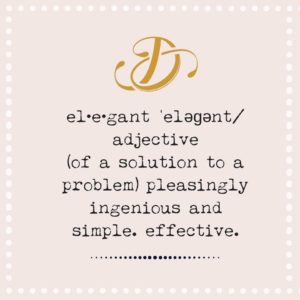

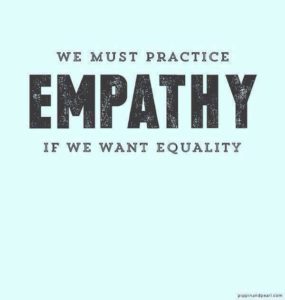
Comments